Auto Next: ON
Skip Intro & Outro: ON
Previous
Next
Episode
Episodes list:
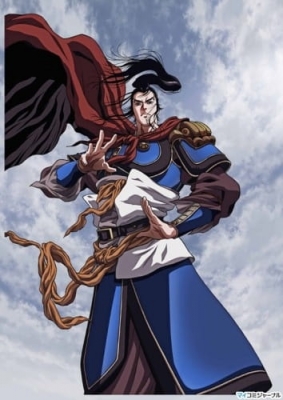
TV
•23m
share box ig
Recommended for you

EN1133
JP1142
One Piece
TV•

EN500
JP500
Naruto: Shippuden
TV•

EN366
JP366
Bleach
TV•
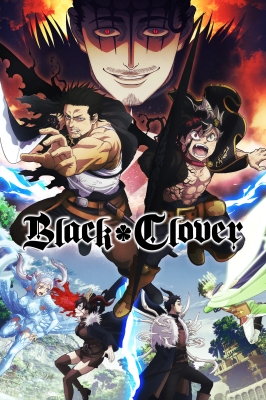
EN170
JP170
Black Clover
TV•

EN13
JP13
Solo Leveling Season 2: Arise from the Shadow
TV•

EN23
JP23
Jujutsu Kaisen 2nd Season
TV•

EN293
JP293
Boruto: Naruto Next Generations
TV•

EN220
JP220
Naruto
TV•

EN11
JP11
Demon Slayer: Kimetsu no Yaiba Swordsmith Village Arc
TV•

EN24
JP24
Jujutsu Kaisen (TV)
TV•
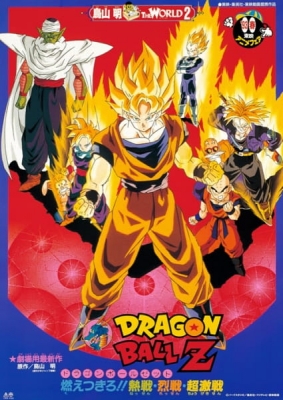
EN1
JP1
Dragon Ball Z: Broly – The Legendary Super Saiyan
Movie•70m

JP1
Fusé: Memoirs of a Huntress
Movie•110m

EN24
JP24
Majestic Prince
TV•23m
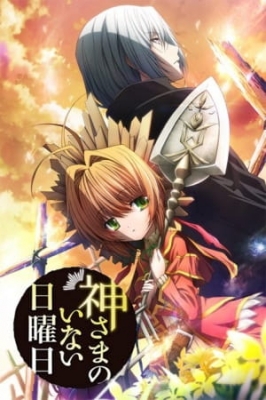
EN12
JP12
Sunday Without God
TV•23m

EN1
JP1
Lupin III: Operation Return the Treasure
Special•90m

JP26
Sherlock Hound
TV•25m

JP1
Boku no Hero Academia: Training of the Dead
OVA•25m

EN1
JP1
Dragon Ball Z: Wrath of the Dragon
Movie•51m

JP26
Mushibugyo
TV•23m

EN1
JP1
Naruto Shippuuden Movie 3: Inheritors of Will of Fire
Movie•95m
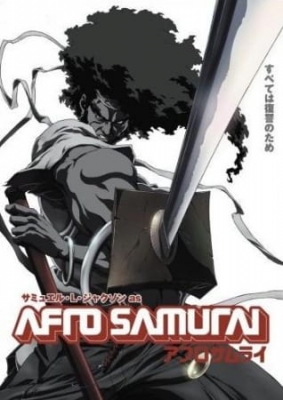
EN5
JP5
Afro Samurai
TV•27m

EN13
JP13
APPARE-RANMAN!
TV•23m

EN10
JP10
Blood Lad
TV•24m

JP1
Boku no Hero Academia: Sukue! Kyuujo Kunren!
OVA•25m

EN1
JP1
City Hunter: Bay City Wars
Movie•45m

EN1
JP1
Code Geass: Akito the Exiled - The Brightness Falls
Movie•59m

EN24
JP24
DARLING in the FRANXX
TV•24m

EN11
JP11
Darwin's Game
TV•26m